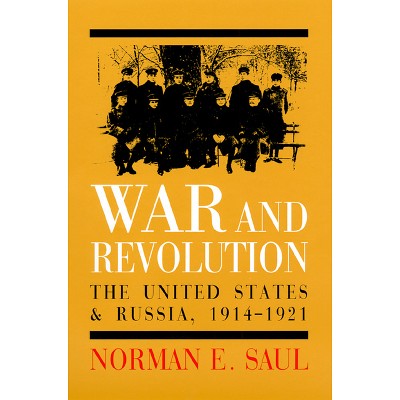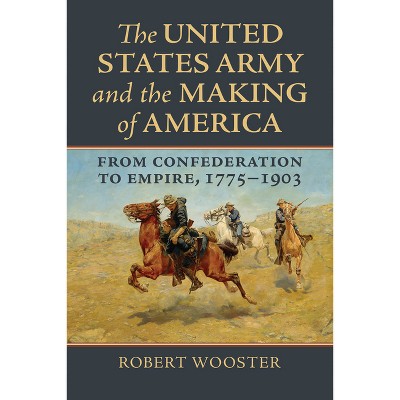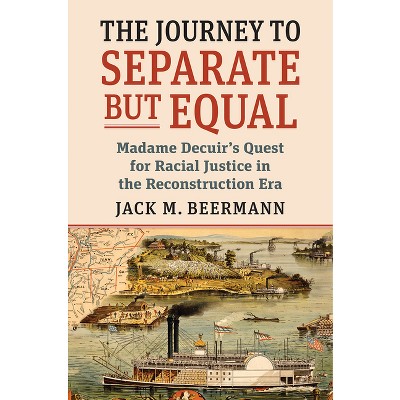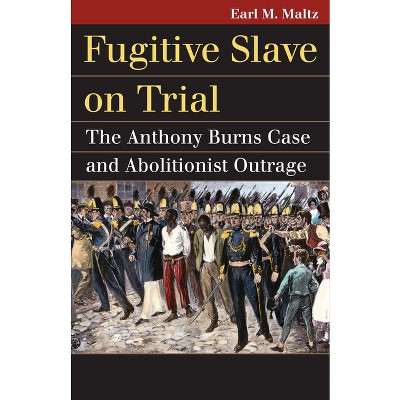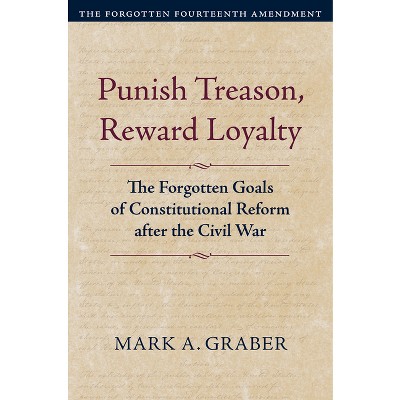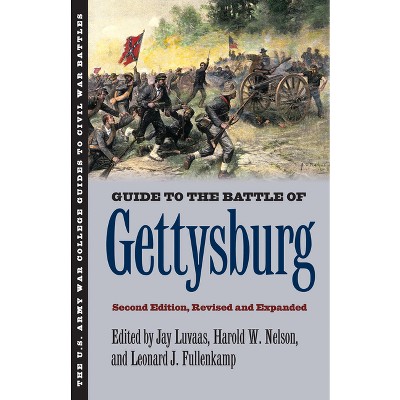About this item
Highlights
- For over twenty-five years John Dickson served the United States as a Foreign Service officer in North America, South America, the Caribbean, and Africa.
- Author(s): John Dickson
- 256 Pages
- Political Science, International Relations
Description
About the Book
John Dickson recounts episodes from his career as an American diplomat where he came face to face with a new or unknown version of the history behind each experience. These "stories with a history" underscore the costs of not knowing the history of our partners and adversaries, or our own.Book Synopsis
For over twenty-five years John Dickson served the United States as a Foreign Service officer in North America, South America, the Caribbean, and Africa. In History Shock: When History Collides with Foreign Relations Dickson offers valuable insights into the daily life of a Foreign Service officer and the work of representing the United States. Dickson organizes History Shock around a country-by-country series of lively personal experience vignettes followed by compelling historical analysis of the ways in which his inadequate understanding of the host country's history, particularly its prior history with the United States, combined with his lack of knowledge of his own nation's history lead to history shock: where dramatically different interpretations of history blocked diplomatic understanding and cooperation. John Dickson offers these "stories with a history" to highlight the interaction between history and foreign relations and to underscore the costs of not knowing the history of our partners and adversaries, much less our own. In both Mexico and Canada in particular our lack of knowledge and understanding of how our long history of military interventions continues to complicate our efforts at developing mutually beneficial relationships with our two closest neighbors. In Nigeria and South Africa, Dickson experienced firsthand how the history of racism in the United States plays out on a world stage and clouds our ability to effectively work with key African nations. Perhaps the starkest example of history shock, of two nations with deeply conflicted views of their own histories and their shared history, is another country near at hand, Cuba. Not all of the gaps are too wide for bridge building; in Peru, Dickson provides an example of how history can be deployed to mutual advantage. The Foreign Service has long sought to improve its training, to provide some form of "playbook" or "operating manual" with systematic case studies for its officers. In History Shock Dickson provides not only a model for such case studies but also a unique contribution of an interpretive framework for how to remedy this deficit, including recommendations for strengthening historical literacy in the Foreign Service.Review Quotes
"Dickson concludes, both forcefully and convincingly, that only better historical engagement can give the United States the diplomatic capital needed to improve its relationships and advance its long-term interests."--H-Net Reviews
"Drawing on his personal experience as a professional US diplomat, John Dickson provides us with engaging examples from Mexico, Cuba, Canada, Nigeria, and South Africa, among others, of how important historical events can be viewed differently in the United States and in other countries. The result can be 'history shock'--a driving, emotion-laden force that obstructs efforts to cooperate on issues of mutual interest and complicates the conduct of foreign policy."--Glenn Hastedt, professor and chair, Department of Justice Studies, James Madison University, and contributor to U.S. Foreign Policy Today: American Renewal?
"John Dickson draws on more than a quarter century of experience as a US diplomat to paint a disturbing picture of how and why the United States' international relations are often derailed by a lack of historical knowledge and understanding on the part of the nation's foreign policy officials. Drawing on examples that are often painfully cringeworthy, Dickson explains how a lack of knowledge about their own nation's history, and a failure to understand how other nations interpret that history, leads US foreign policy experts into embarrassing, contentious, and often damaging displays of particularly condescending hubris."--Michael L. Krenn, professor of history, Appalachian State University, and author of The Color of Empire: Race and American Foreign Relations
"Part Foreign Service memoir, part history lesson, and part prescription for the future, John Dickson's sensitive and thoughtful History Shock demonstrates that international relations do not take place in a historical vacuum. 'The past is never dead. It's not even past, ' is as true in diplomacy as it is in literature. Everyone concerned with the United States' place in the world would, in particular, profit from reading the book's treatment of US exceptionalism and the country's accounting for past mistakes."--Peter Samson, PhD, retired Foreign Service officer
"What are the consequences when those on the frontlines of US diplomacy fail to fully grasp complex, entangled histories between nations? John Dickson offers here fascinating, candid, and keenly instructive glimpses backstage as pasts near and distant, remembered and forgotten, shape events across a wide range of global theaters. This compelling account reminds us that international memory is long, deep, and powerful--and all too often surprisingly underestimated."--Marla Miller, director of the Public History Program and professor of history, University of Massachusetts Amherst
"History Shock ponders America's post-9/11 question: 'Why do they hate us?' Drawing upon decades of experience in the US Foreign Service, John Dickson strips back the veneer of American entitlement to reveal a core ignorance of historical memory in the federal government. Through several fascinating case studies of foreign policy successes and failures, Dickson persuasively argues that American diplomats need to be equipped with a better understanding of past invasions, interventions, and assassinations to more effectively and equitably represent the United States in the future."--Michael Scott Van Wagenen, author of Remembering the Forgotten War: The Enduring Legacies of the U.S.-Mexican War
Shipping details
Return details
Trending Non-Fiction







